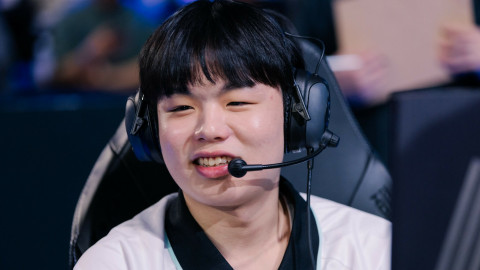
With the conclusion of the LCS 2021 Championship, there is no doubt that many fans are looking forward to seeing their favorite hometown players competing at the World Championship. However, as far as local talent is concerned, the list of North American players has never been so slim.
According to information on Liquipedia, it started with 14 players in 2011 through 2013 but is currently down to a mere three. The amount of players with Canadian and US passports has gradually dwindled down to the lowest number ever.
100 Thieves — the team going into Worlds as North America’s first seed — was entirely composed of imported players. With team owners such as Cloud9 Jack and TSM Reginald interested in abolishing the cap on import players entirely, the trend shows no signs of slowing down.
The news has sparked much speculation from the esports community for why this is. The most interesting aspect is that this trend has accelerated with the franchise era. Though it has made it much easier for North American organizations to attract foreign talent with big paychecks, it hasn’t done much to improve the region’s ability in growing local talent.
ESL’s Vice President of Product Development, Michal “Carmac” Blicharz, wrote in a series of tweets how franchising has affected North America. According to him, the creation of the LCS made it difficult for teams outside of the league to invest in a team in North America. In comparison to the LEC’s system of having several country leagues (ones boasting high viewership and prize money), the LCS’s feeder leagues are far less healthy.
The trend has not helped drive interest from a viewer perspective either, as the 2021 LCS Summer Split posted the lowest peak viewership count of any LCS season in the last five years. It’s clearly in the interest of the league to foster local talent better but there doesn’t seem to be an easy solution.
While some have proposed borrowing from the NBA’s system of strong college leagues, Carmac was quick to dismiss this, given the young age of many esports competitions overlapping with the average college age. Without drastic changes to import rules or the development of the LCS’ feeder system, the trend of NA talent shrinking will likely continue.
-

I write. I rap. I run. That’s pretty much it.
Sort by:
Comments :0





